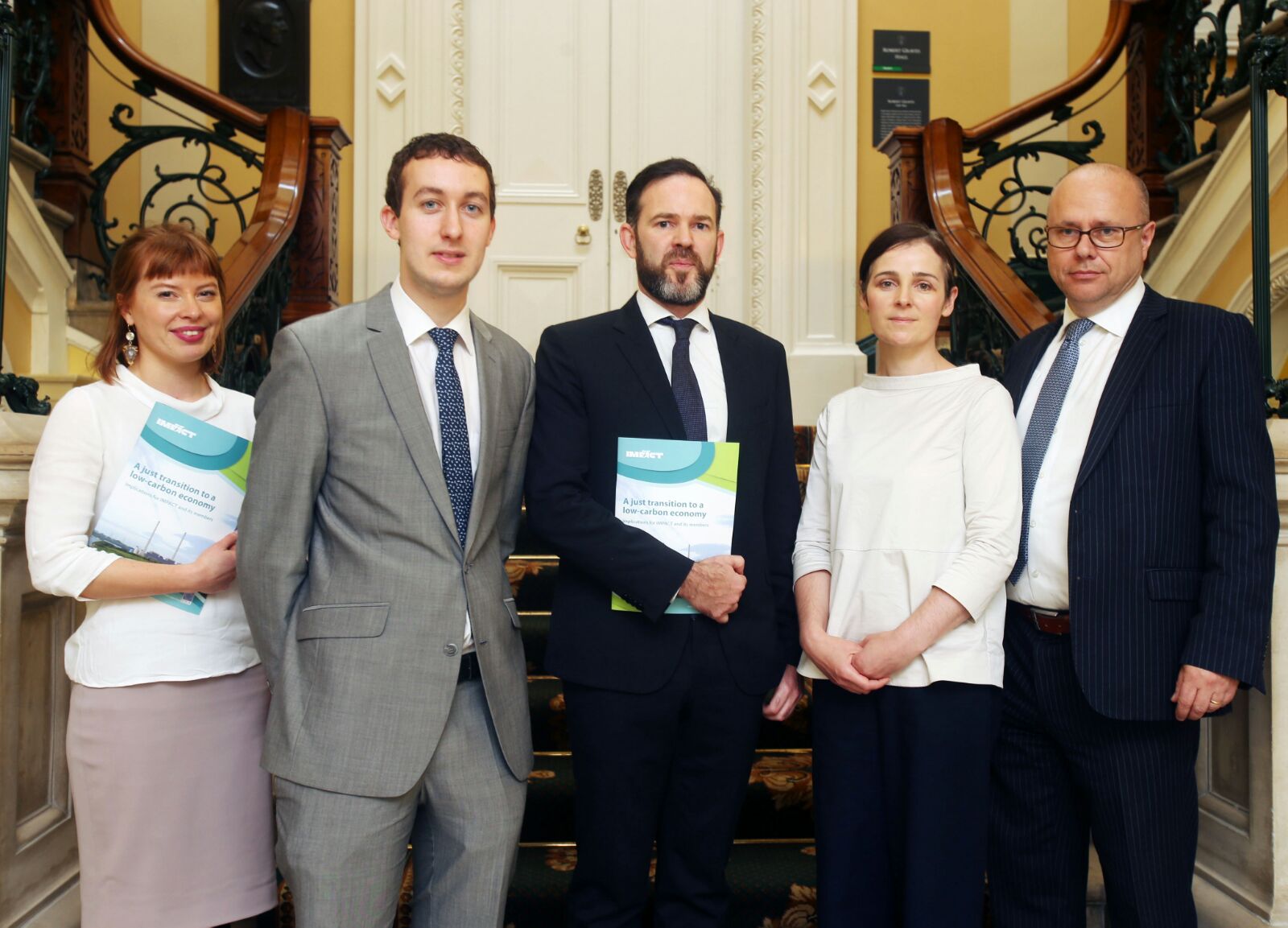What the Experts Want from GE2020 – Irish Doctors for the Environment

February 4th, 2020
Over the past three weeks, as in all election cycles, we have become accustomed to the knock at the door from canvassers or candidates themselves are they vie for our number one at the ballot box.
We have asked leading climate and biodiversity experts to tell us the key policy asks that they have raised with candidates when they come a-knocking.
Next up is the collected policy response from members of Irish Doctors for the Environment, a group of medical professionals in Ireland who aim to create awareness and action on the climate crisis and its profound impacts on health. The group strongly believes that the climate crisis is a health crisis and that medical professional have a duty to act on this for the sake of patients and the planet.
Commitment to increase investment in sustainable transport
The transport sector is a leading consumer of fossil fuels and source of air pollution, with the transport sector contributing to 20 per cent of total greenhouse gas emissions in 2016. Over 1,250 annual premature deaths are attributed to air pollution in Ireland.
Our current sedentary travel habits, coupled with the increasing prevalence of obesity in Ireland, will contribute significantly to increased rates of chronic disease in the future.
In this light, IDE wants to see candidates commit to improving public transport access in Ireland, supporting the expansion of electric car infrastructure, and, crucially, prioritising active transport by increasing the number, safety and reach of cycling lanes, better bike parking and expansion of city bike schemes. This will have beneficial effects for both the environment and population health.

Commitment to a greener, sustainable healthcare system
If the healthcare sector were a country, it would be the fifth largest emitter in the world with a climate footprint of 4.4 per cent of global net emissions. Hospitals generate over 29 pounds of waste per bed per day, ranging from 5-11.5 million tons of waste per year depending on the size of the hospital.
Hospitals also bear the burden of the escalating climate crisis, with increased attendances at emergency departments during heatwaves, increasing rates of lung and cardiac disease secondary to air pollution, and spread of water-borne diseases during flooding.
IDE calls on election candidates to commit to greening our health service, in line with the recent ambitions made by the NHS in the UK, working towards reducing emissions, decreasing the use of single-use plastics and investing in healthcare facility resilience for extreme weather events.
Commitment to monitoring and evaluation
As part of a move towards a more sustainable health service, we propose that candidates commit to measuring the carbon footprint of the HSE. This carbon footprint should include emissions from building energy use, travel to and from sites, goods and services procured by the HSE as well as emissions relating to anaesthetic gases and waste disposal.
The NHS, from which we rely upon for most of our estimates on healthcare related emissions, has been able to demonstrate an 11 per cent reduction in emissions since 2007 when they first started quantifying their carbon footprint.
The measurement of a similar footprint in Ireland will provide a benchmark from which we can form an understanding of both the scale of CO2 emissions in our own health service and their changes overtime. This will be essential in the pursuit of a sustainable health service.







